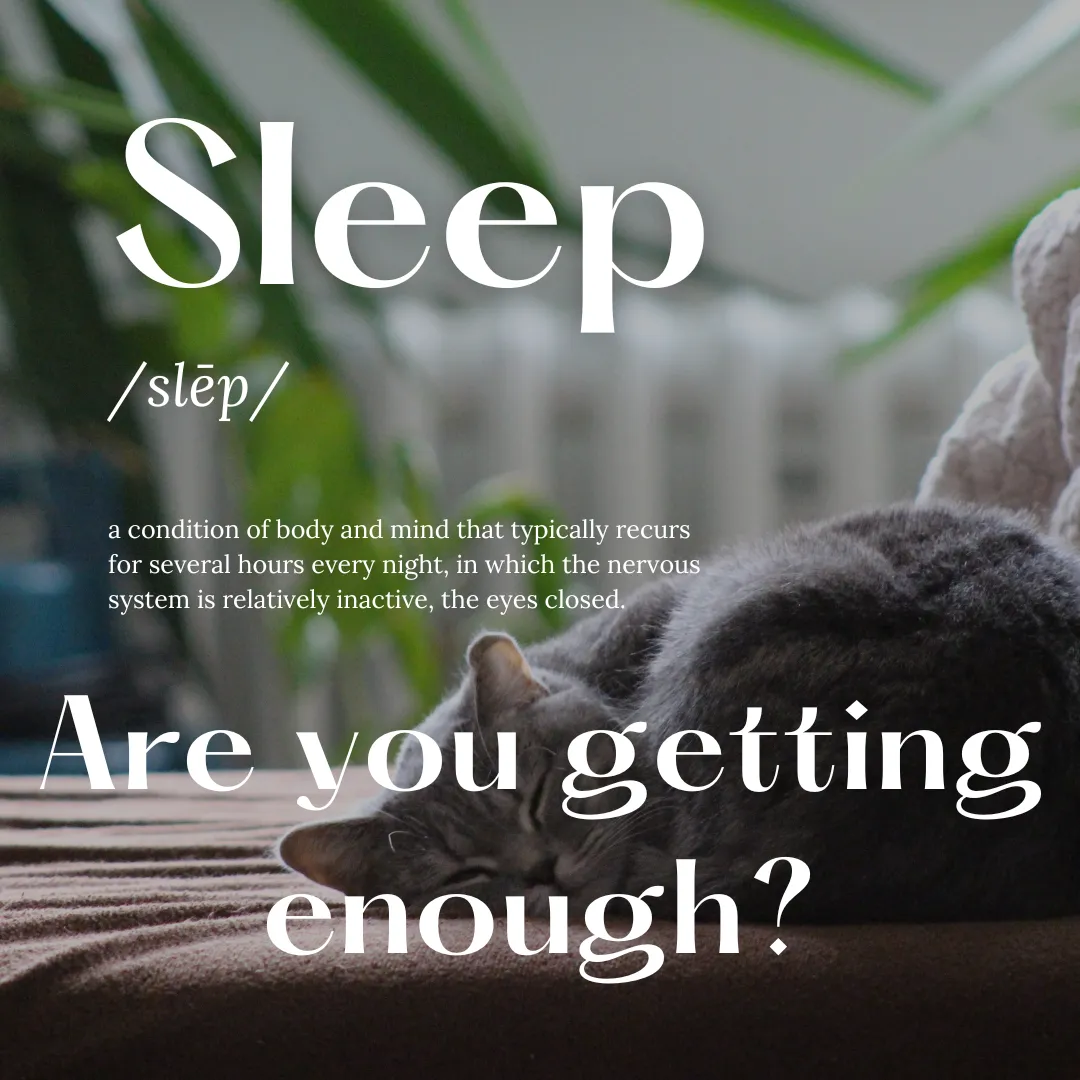
How Acupuncture Can Help You Sleep Better: A Natural Solution for Sleep Problems
How Acupuncture Can Help You Sleep Better: A Natural Solution for Sleep Problems

Struggling to fall asleep, stay asleep, or wake up feeling rested? If so, you're not alone. Insomnia and other sleep problems affect millions of people around the world. Lack of sleep doesn’t just leave you feeling tired—it can take a toll on your mental and physical health, affecting everything from your mood to your immune system. While many people turn to over-the-counter medications or prescription sleep aids, these often come with side effects that can be just as disruptive as the sleep issues themselves.
But what if there was a natural, side-effect-free way to tackle sleep problems? That’s where acupuncture, a core component of Traditional Chinese Medicine (TCM), comes in. More and more people are turning to acupuncture as an alternative approach to improve their sleep, and research supports its potential to help you finally get the rest you need.
Acupuncture involves inserting thin needles into specific points on the body to stimulate energy flow, or Qi (pronounced "chee"). In TCM, your body’s health depends on the smooth flow of Qi through pathways called meridians. When Qi becomes blocked or imbalanced, it can lead to various health issues, including poor sleep. Acupuncture works by restoring the balance of Qi, which can help you relax, reduce stress, and improve sleep quality.
In TCM, insomnia is often linked to underlying imbalances in the body’s systems. For example, Yin (calming, restorative energy) may be too weak, or Yang (active, stimulating energy) may be too strong. Stress, overthinking, hormonal changes, or chronic pain can also disrupt the natural balance and lead to sleep problems. Acupuncture aims to correct these imbalances, helping the body to return to its natural rhythm.
How Acupuncture Tackles Sleep Problems
Relieves Stress and Anxiety Stress is one of the most common causes of sleep issues. When you're stressed, your body's sympathetic nervous system—your "fight or flight" response—becomes overactive. Acupuncture helps reduce stress by calming the nervous system and promoting relaxation. This makes it easier for your body to transition into rest mode at night.
Specific acupuncture points, such as Shenmen (HT7 - Cœur 7), are commonly used to calm the mind and relieve anxiety, which can improve both the quality and duration of sleep.
Balances Hormones and Neurotransmitters Sleep is regulated by various hormones and neurotransmitters, including melatonin, serotonin, and GABA. These chemicals help you fall asleep, stay asleep, and wake up feeling refreshed. Acupuncture can influence the production and release of these key sleep regulators.
Research has shown that acupuncture can help increase melatonin levels, making it easier to fall asleep. It can also regulate serotonin, which promotes feelings of well-being and relaxation, making it easier to unwind at night.
Addresses the Root Causes of Insomnia Unlike conventional sleep aids, which only treat the symptoms of insomnia, acupuncture targets the root causes of sleep problems. In TCM, sleep disturbances can be caused by various imbalances in the body. Here are a few common ones:
Heart Yin Deficiency: When the Heart’s calming, Yin energy is depleted, it can lead to restlessness and difficulty falling asleep. Acupuncture points like HT7 can nourish Heart Yin and settle the mind, making it easier to drift off.
Liver Qi Stagnation: Stress and emotional tension often cause Liver Qi to stagnate, leading to irritability and restless sleep. Stimulating points like LR3 (Foie 3) can help smooth the flow of Liver Qi and promote emotional balance, making sleep easier.
Kidney Yin Deficiency: In TCM, the Kidneys store Yin, the body’s calming and nourishing energy. As we age, Kidney Yin can become depleted, leading to symptoms like waking frequently during the night. KI3 (Rein 3) is a key point to tonify the Kidneys and support better sleep.
Regulates the Sleep-Wake Cycle Acupuncture may also help regulate your body's circadian rhythm, which is your internal clock that governs when you feel awake or sleepy. By balancing the Qi in specific meridians, acupuncture helps your body return to a natural sleep-wake cycle. For example, points on the Pericardium and Conception Vessel (Ren Mai) are often stimulated to calm the mind and harmonize the body’s rhythm, helping you fall asleep and wake up more easily.
A typical acupuncture session for sleep will start with a consultation where the practitioner asks about your sleep habits, lifestyle, and any other symptoms you might be experiencing. They’ll use this information to identify which systems are out of balance and tailor a treatment plan just for you.
The acupuncturist will then insert fine, sterile needles into specific points on your body. Don’t worry—acupuncture needles are much thinner than standard needles, and the treatment is generally painless. You might feel a mild tingling or warmth around the needle points, but most people find the experience deeply relaxing. Sessions usually last about 30-60 minutes, and many people report feeling calm and sleepy afterward.
The number of sessions you’ll need depends on the severity of your sleep problems and how your body responds to treatment. Some people notice improvements after just a few treatments, while others may need a series of sessions to see lasting results.
Acupuncture is a safe, non-invasive treatment with few side effects when performed by a licensed practitioner. Unlike sleeping pills, which can cause grogginess, dependency, and other side effects, acupuncture helps you sleep better without leaving you feeling foggy the next day. It’s also suitable for people who can’t or don’t want to take medications, such as pregnant women or those with chronic health conditions.
Who Should Consider Acupuncture for Sleep?
Acupuncture may be a good option for you if:
You’re looking for a natural alternative to sleeping pills.
Stress or anxiety is keeping you up at night.
You wake up frequently or feel restless during the night.
You want to address underlying health issues that may be contributing to your insomnia.
You’re experiencing side effects from conventional sleep aids.
Acupuncture offers a holistic and natural way to tackle sleep problems. By addressing the root causes of insomnia and balancing the body’s systems, acupuncture not only helps you sleep better but also improves your overall health and well-being. Whether you’re dealing with stress, hormonal changes, or an overactive mind, acupuncture may provide the relief you need to finally get a good night’s sleep.
If you’re interested in trying acupuncture for sleep, be sure to consult a licensed practitioner who can develop a personalized treatment plan based on your unique needs. With a gentle, non-invasive approach, acupuncture could be the key to unlocking restful nights and refreshed mornings.


